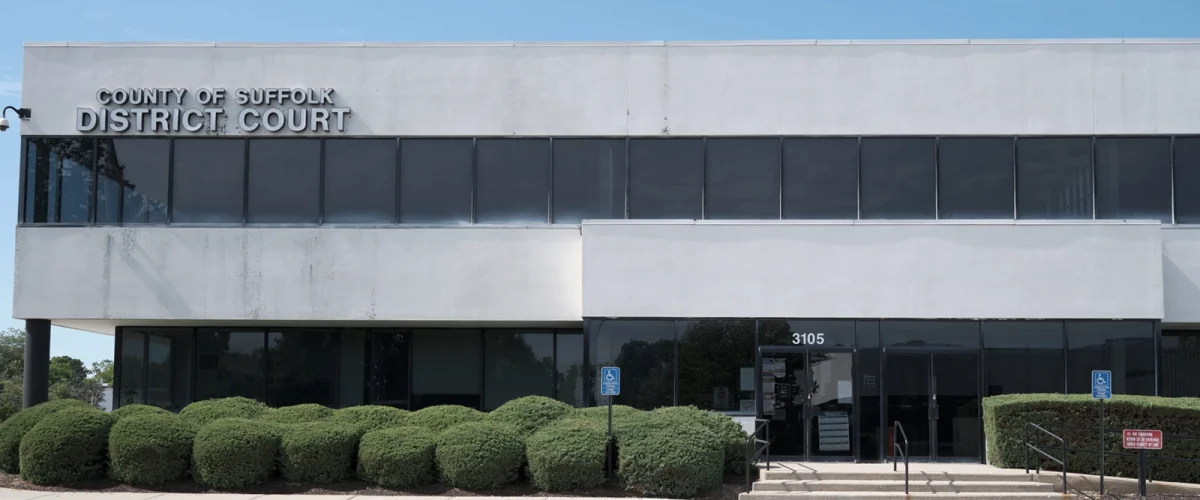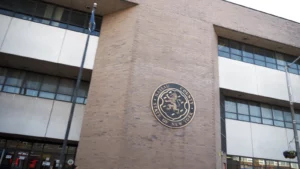Why Landlords Should Never Give Their Bank Account Information to Tenants
It is now more common than ever for landlords to give their bank account information to tenants so that the tenants can pay their rent by direct deposit. In fact, it is quickly becoming the norm.
Many landlords find that accepting rent through direct bank deposits is the most convenient method of collecting rent from tenants. But there are serious pitfalls associated with this “convenience” that should make landlords think twice about allowing tenants to deposit the rent directly into the landlord’s bank account.
The Risks of Direct Deposits Could Outweigh the Benefits
Direct deposits are convenient, especially in this day and age, but giving out your bank account information to strangers is a bad idea generally. In the case of a landlord-tenant relationship, it could pose unforeseen problems for the landlord.
These problems occur when the tenant holds over or becomes problematic and the landlord suddenly finds the need to retain an eviction lawyer. In New York, all hold-over eviction cases require some sort of predicate notice. As a general rule, in hold-over proceedings to remove month-to-month tenants, tenants-at-will, or tenants by sufferance, the acceptance of rent by a landlord after the termination of the tenancy creates a new tenancy and cancels the predicate notice. This is why every experienced eviction lawyer advises the landlord-client not to accept rent after the termination of the tenancy.
Why Landlords Should Worry About this General Rule
Simply stated, once you give your tenant your bank account information, you lose control over your ability to reject a payment of rent. A tenant armed with your bank account information could potentially end your eviction efforts by making a direct deposit into your account, since this would constitute your acceptance of rent. By making a direct deposit, the hold-over tenant can cancel the predicate notice you paid to have served and put an end to the eviction process. This would require you to start the eviction process again from the beginning.
The amount of money the tenant deposits does not even have to be the full amount of the rent. A tenant can directly deposit virtually any amount of money into your account, which would have the effect of thwarting your eviction efforts.
Landlords often find themselves scrambling to put a stop to the tenant’s ability to directly deposit the rent after the predicate notice is served. This can cause a great deal of stress for landlords and for eviction lawyers.
It May Not Be Too Late to Correct This Mistake
If you are a landlord who has made the mistake of giving your bank account information to your tenant, it may not be too late to correct your mistake. You can take steps to put a stop to further direct deposits from your tenant.
First, contact your tenant to arrange for traditional rent payments going forward. Checks and money orders are best. Cash is acceptable, but cash requires a landlord to issue a receipt, which may be time consuming and inconvenient for some landlords.
Next, contact your bank to put a stop to direct deposits into your account. Most banks can do that for you. If your bank cannot stop direct deposits, or if you need to accept certain direct deposits, like your wages, or retirement or other benefits, then you should close your account and open a new one with the same bank. It will have a new account number. You will then have to have your necessary direct deposits switched to the new account. Just make sure the tenant does not find out the new account number.
An Ounce of Prevention is Worth a Pound of Cure
To avoid the last-minute turmoil of trying to stop a tenant from making a direct deposit so that you can evict the tenant, you should simply not give the tenant your bank account information in the first place. Direct deposits may be convenient but preventing a problem before it starts is worth the extra effort associated with having to deposit your tenant’s check in the bank every month. So, before you give your tenant your routing and account numbers, remember you may regret it.












